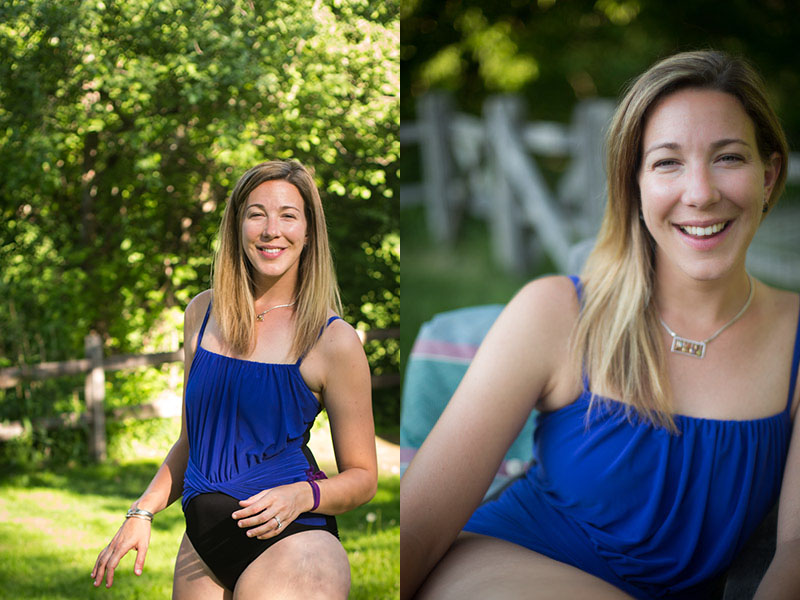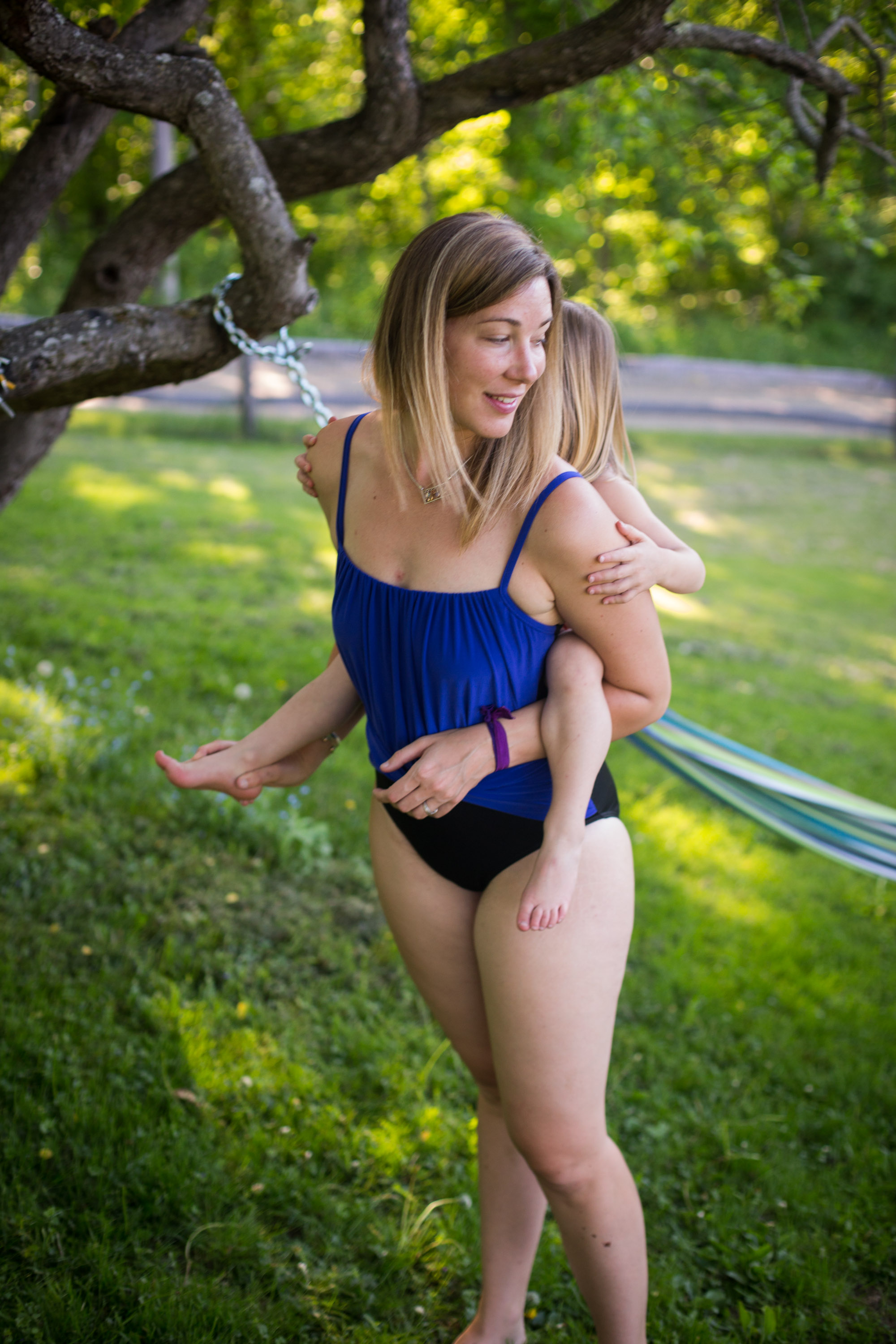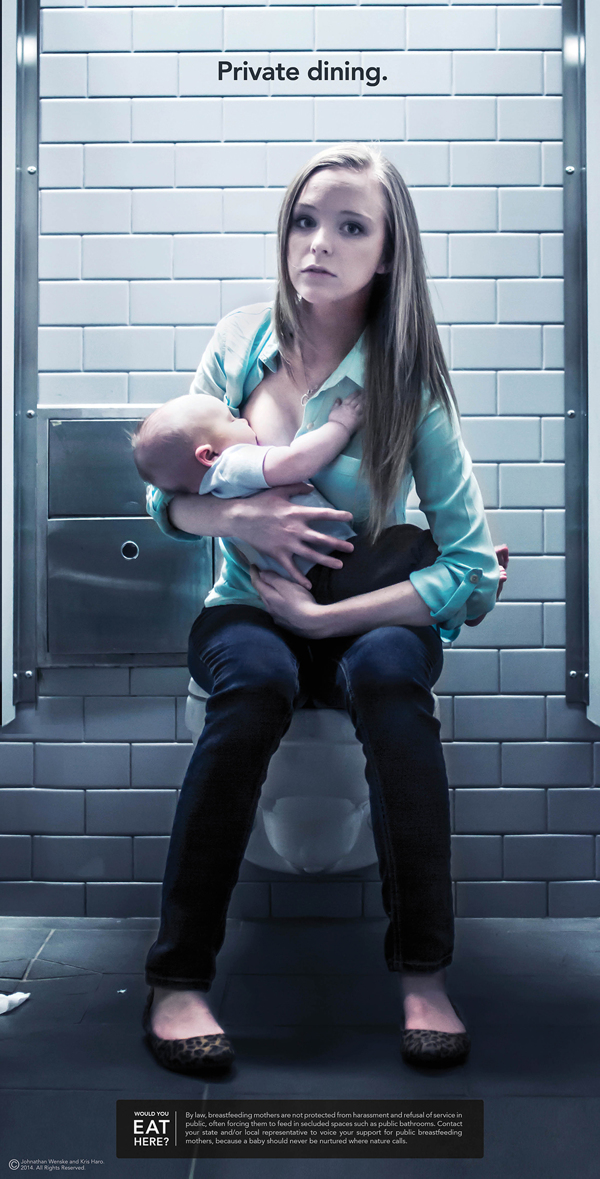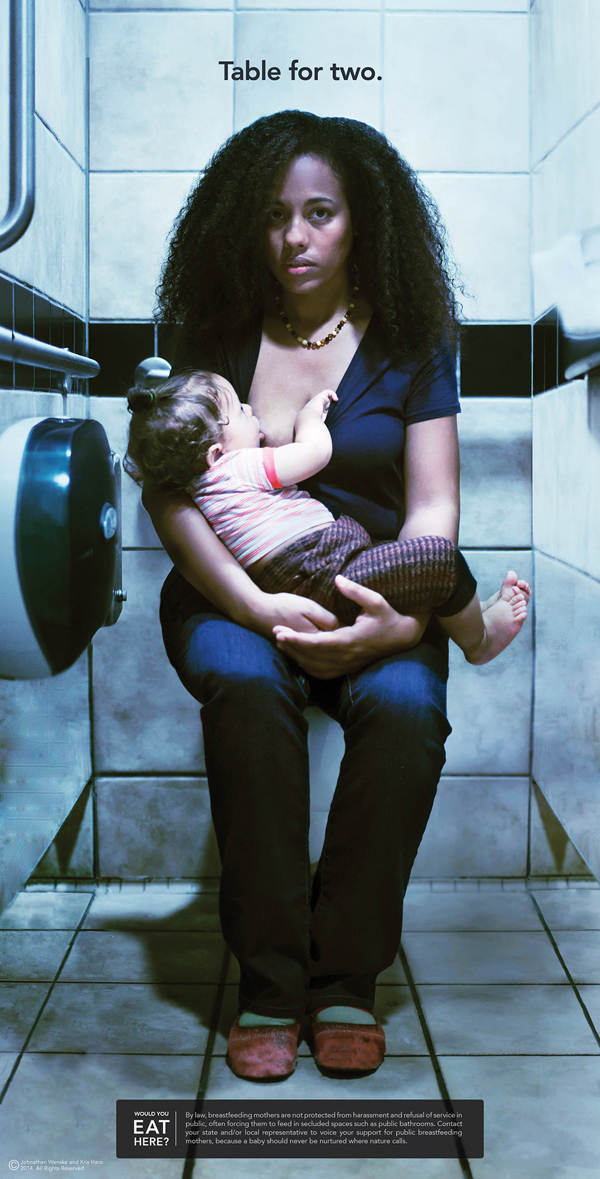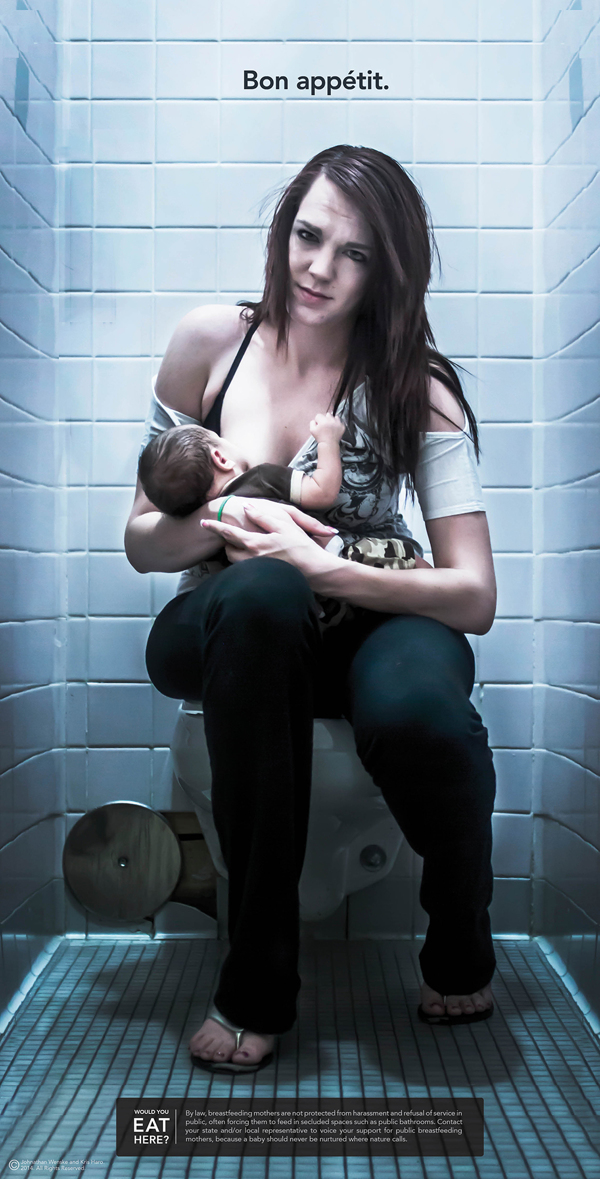Nearly three months ago, in the middle of a New Year’s blizzard, Baby Katy entered the world.
James finally had a chance to string together the images from that momentous 48 hours, and Laura sent me her accompanying birth story to compliment the video. It’s amazing to see the words paired with the photos. My strongest memory of that day is the way that Laura faced the pain without doubt or hesitation. She also proved that she is a master dilator. Eight centimeters in an hour! All of our minds were blown.
That’s pretty standard with birth. No matter the circumstances, it is awesome.
Welcome to the world Katy Baby.
_________________________________________________
“I promise you, I’m not having a stroke.”
Those are the first words I remember saying to the nurse as I climbed into my hospital bed. I had woken up that morning, thrown some clothes on, and gone to my regular prenatal check up with my mom, knowing my blood pressure had been high the previous week, but thinking that was due to the stress of hosting my whole family for the holidays. (I mean, I love my family to death, but seriously? Hosting nine people at nine months pregnant? Yeah, it’s stressful. Happy stress is still stress.) With no history of protein in my pee, and only normal late-pregnancy puffiness, I thought I was doing great — but at the last minute, I stashed my hospital go-bag in the car on a superstitious whim. I figured if I had it, I wouldn’t need it, but if I didn’t have it, I would live to regret it.
You see, I have a history of white coat syndrome, where my blood pressure spikes at the doctor’s office — with my systolic numbers reading 20 or even 30 points higher than at home. Given the frequency of prenatal appointments, though, I had started to get normal readings even at the midwives’ office. On the morning in question (January 2), at 37 weeks and 6 days pregnant, I knew that a high reading would earn me a trip to the lab at the very least. I was convinced that my baby wanted to come late, and had never really imagined that she would be early. I’d been active throughout my pregnancy (even running a half marathon during the first trimester), and though I’d gained nearly twice the recommended amount of weight, my belly was all baby, and I have a large frame that can carry a little extra weight without any trouble.
In any case, I knew I was in for trouble when Amy, the midwife, checked my bp at the start of our appointment and refused to even tell me what the numbers were, lest it stress me out and make it spike even more. I was immediately admitted to the hospital, and given the weather forecast (NBD, just a blizzard followed by sub-zero temps and fierce winds for the next 48 hours), I had to learn to come to terms with the fact that I wouldn’t be allowed to leave without a baby in my arms.
This was not the birth I had planned. I’m not totally a granola-eating tree-hugger, but I’ve known since I hit puberty that my body was made for busting out babies, and “normal” births in my family are anything but normal. (My brother was a breech baby delivered vaginally; my sister was a home birth in a Harvard dorm; I was almost born in the hospital parking lot, and was released home less than four hours after being born.) I was determined to experience natural childbirth, and I wanted that squirmy, squishy baby placed directly on my chest within her first minute of life.
I put a lot of time and effort into my birth plan, and I know you can’t plan for every possible contingency and that – in case of complications – it would be important to focus on the best possible outcome (healthy mom and healthy baby) rather than the process that led to that outcome. But at the same time, seriously? This body was made for busting out babies, and I didn’t really think any of that would happen to me.
So, when I found myself climbing into that hospital bed, I had a lot to process. And a long time to wait. I was put on “bed rest with bathroom privileges,” which is exactly as exciting as it sounds.
My bp? 174/110. Helloooooooo preeclampsia.
Or was it preeclampsia? Possibly gestational hypertension? Possibly underlying chronic hypertension that had been overlooked and undiagnosed because of my white coat syndrome? We still don’t know, but because of those numbers, the safest route was to assume the worst: that it was preeclampsia, and that I was at risk for seizures, stroke, and (as everyone who’s seen season three of Downton Abbey knows — SPOILER ALERT for those who haven’t) untimely death.
I am lucky enough to have a sister who is wicked smart and a primary care physician with OB, and so immediately my fingers started flying across my phone. Because of my white coat and family history of hypertension, I’d done a fair bit of reading on preeclampsia, but most of the pregnancy books talk about the diagnosis process and why it’s so important to listen to your doctors and take it seriously, and they don’t say much beyond that the only cure is childbirth. “Expect bedrest; if you’re at or near term, expect to be induced or have a c-section.”
Induction. Something I certainly hadn’t bargained for. But definitely preferable to a c-section.
It took me the better part of 24 hours to wrap my head around what needed to happen. All the while, I was willing my body to do its part and cooperate with the Cervidil (a cervical ripener, intended to speed up the effacement process) and the labetalol (a beta blocker to lower my blood pressure). “Open, open, open” became my mantra, and I silently said the word with the in and out of every breath.
I really, really didn’t want Pitocin. In my mind, Pitocin => pain => epidural => => stalled labor => c-section. I know that’s not entirely accurate, but still, no thank you. Not the road I wanted to travel. But as time went on, if my cervix didn’t open and contractions didn’t start on their own, that’s the road I would have to take.
Angry, angry tears were shed. To the point where my husband said, “I need you to get over yourself on this and stop acting like you’re going to die every time one of the midwives says something.”
One of my friends sent me a text that made things a little easier to bear, because she gave me permission to FEEL ALL THE FEELINGS: even though it is nowhere near as devastating as a stillbirth or a miscarriage, a woman deserves the right to grieve the birth she had always imagined for herself. And for me, that meant an intervention-free water birth, surrounded by people who love me and from whom I could draw additional strength in case my own abandoned me. It didn’t make it all better, but I finally let it loose and let myself grieve for what wouldn’t happen — and start to ready myself for what would.
The next afternoon (after 30 hours of bed rest, having only been allowed trips to the bathroom and five blessed laps of walking around the nurses’ station), my reproductive system decided to play ball, and I started experiencing contractions, though I didn’t feel them at first — I only knew about them because I was being continuously monitored. My blood pressure was being checked every five minutes, and a little alarm went off every time it was higher than 150/100. In other words, a cuff blew up tightly around my arm and a little alarm went off every five minutes, around the clock. To add to the fun, I was also having blood drawn every couple of hours for lab work to check on my liver and kidney functions (again, taking all the necessary precautions for preeclampsia). Midwife Amy handed me off to midwife Kim, who was on call for the weekend (and the snowstorm), and we agreed that, based on my progress, I wouldn’t need Pitocin, and that the water birth I’d imagined might be back in the picture. Or at the very least, I might be allowed to take a shower.
There was much rejoicing.
My mom went down to the hospital gift shop and bought a puzzle to work on — to give her and my husband something to do other than worry and wait (and text my sister for more thoughts on the plan of care). I got out the last “must finish before baby arrives” sewing project I was working on and got to work tacking the last few stitches together. My mother-in-law joined us after work, and Ashley, my friend and colleague (and self-proclaimed “birth junkie”) came as well.
Another friend braved the wintry weather to come visit and chat while I ate dinner. (I had been her first post-partum visitor three months prior, arriving 20 minutes after the birth of her daughter. Though she couldn’t stay long with two little ones at home, it meant the world to me that she braved the blizzard to be there for me.) As we were visiting, my contractions started to get more intense, but it wasn’t anything that I couldn’t manage, though it did distract me from eating. When she got up to leave around 6:40, I breathed a sigh of relief — I desperately needed to pee, but hadn’t wanted to put everyone through the song and dance required to get out of bed while she was visiting. As I hobbled to the bathroom, I realized I was dripping — apparently I’d needed to pee even more than I’d thought I did!
Nope. The dripping didn’t stop after I’d gone to the bathroom. My water had broken. Shit just got real.
Kim came in to check on me and gave me permission to take a shower and get ready for real labor. I never knew how transformative the act of showering could be. I came out excited, relieved, and with my game face on: I was ready to rock this thing. I knew I should eat something, but the only thing that looked appetizing was the vanilla ice cream I’d requested for dessert. (Life is short: eat dessert first.)
The next couple of hours are a hazy blur. I remember humming and singing my way through several contractions. Some weren’t so bad. Other times, I swore I would never forget the intensity of that pain. Kim recommended changing positions every 20 minutes or so to encourage the baby to make her way down, down, down deeper in my pelvis. At my next cervical check, I was fully effaced, but only 2 cm dilated. All that work for a piddly 2 cm!
For a split second, I doubted myself. I didn’t think I could do it. Not that I couldn’t take more of what I’d experienced so far, or that I didn’t have the stamina to do it, but because I was terrified of how much more excruciating it could become before it was over. (My baby was posterior (sunny side up), which meant the back labor was incredibly painful.)
But only for a split second. I had gone into pregnancy in some of the best physical shape of my life, and while I couldn’t say I had “looked forward” to labor, it is fair to say that it’s something I trained for and prepared for, to the extent that anyone can. I flashed back to my high school soccer coach telling us to “dig deep” — “this is overtime, Raiders, this is where it counts!” — and a college rowing teammate reminding me “no regrets!” Mentally, I dug in my heels and was determined to see this baby through on my own.
Kim was worried, though, that I was wearing myself out too quickly with my humming and singing. She gave me a breathing exercise to do instead (“hee, hee, hee, whooooo…” — Lamaze level 3, I’ve since learned).
After all that waiting with nothing going on, I expected my body to pick up the pace. And so it did. I only remember snippets from the next 90 minutes:
– My mom breathing with me, and me admonishing her to take MY tempo. (Never give a singer a breathing exercise unless you’re ready for some HARD CORE BREATH CONTROL!!!)
– My mom reminding me over and over, as each contraction rose up, “It’s a wave — you ride it.” — and eventually me telling her to please, shut the fuck up. (I was never very good at body surfing, but eventually, after enough contractions, I understood what she was trying to tell me, and I was able to get ahead of the wave and, indeed, ride it through.)
– Belching, loudly, directly into my husband’s face in the middle of a contraction. (He thought this was hilarious.)
– The excruciating feeling of having my blood pressure taken, repeatedly, during the most intense of my contractions. Those blood pressure readings were so high (diastolic, especially, though nobody had the guts to say what the numbers were) that Kim recommended I take some pain medication through the IV in order to let my body and blood vessels relax more in between heartbeats. I consented, and the nurse set about getting the meds flowing.
– The feeling of a twist and a slip from deep inside of me, followed immediately by me peeing. Everywhere. And then needing to poop.
I went into the bathroom carefully, thinking I was maybe 3 or 4 cm dilated, 6 or 7 cm if I was lucky, and not wanting to start pushing too soon lest I stall labor and have to receive the dreaded Pitocin — but still, I needed to poop. And while I’d already peed everywhere and knew it was likely that I would end up pooping during delivery, that was still hours away and I needed to clear the decks. Right?
Wrong. Kim came charging back into the room, super concerned about my most recent bp numbers. She ordered me back into bed. “But I have to poop!” I protested. “Well, then, girly, hop right up there and you and me are going to poop the bed.” She consented to check my progress before making me roll to my left side (taking the pressure off my vena cava, a position designed to let my blood vessels relax as much as possible and, hopefully, lower my bp), and then, as my mother put it, all hell broke loose.
“BABY ON THE PERINEUM!”
I hadn’t needed to poop. I had sailed through transition and was about to deliver a baby, having gone from 2cm to 10cm in just over an hour.
A flurry of activity. Nurses coming in. The nurse who had been with us for most of the afternoon and evening getting chastised and dismissed from the room, having not gotten around to hanging the IV of pain meds (and inadvertently giving me more of the birth experience I had wanted). My mom FaceTiming with my sister, and then telling me, in tears, that she would hold my leg for my sister, who had desperately wanted to be there and would have jumped on a plane from Seattle the previous night, were it not for the blizzard. The lights coming on over the bed, and me feeling very much like I was downstage, center, captured by the spotlights in the theater of my birth.
I don’t remember a ring of fire. I don’t really remember pushing, at least not the way I’d imagined it. I remember visualizing the darkest place I’d been, but it was a warm, happy darkness. It constricted around me and I pushed through it until the universe exploded and I saw stars. I roared, and the next thing I knew, I heard my baby’s first cry.
10:48 pm, January 3, 2014. Six pounds, 13.8 ounces, and 19 inches of awesome, in the truest sense of the word.
Welcome to the world, Kathleen Savaria. Our baby Katy — Katy and the Big Snow. Know that you are loved. By your mama, and your papa, the people who bore witness to your arrival and by all who welcome you into their lives today. We are so glad you are here. You are so very, very loved.

